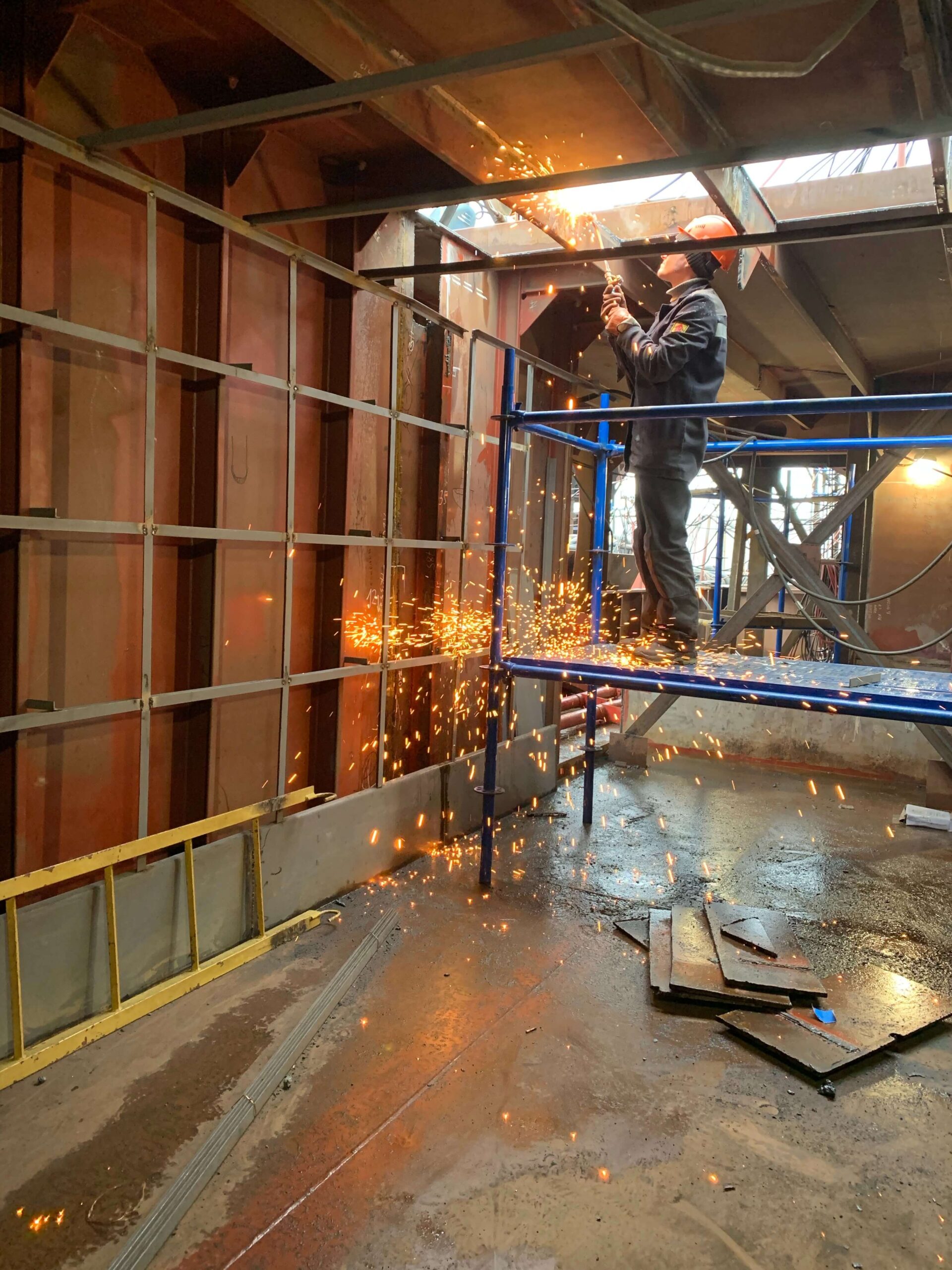If the bank says NO, DFS can get you a YES!

While property development and investment can go hand in hand, they are actually two separate activities. We discuss the distinct similarities and differences between the two.
Property development is the business process of developing existing property or raw land, with the goal of increasing the property value and then on-selling or leasing the finished property to someone else. Property developers may deal with residential or commercial properties for their development projects. Often, the developer will have a large network of professionals, including real estate agents, legal professionals, local council contacts, conveyancers, builders and architects at the ready, which makes the process quick and smooth for seasoned real estate developers.
Developing property differs from constructing homes or buildings, however, it’s not uncommon for construction projects to be a part of the property development process.
The very beginning of the real estate development journey is where research into the feasibility of properties is performed. Finding the right type of property, in the right area, with high demand and low vacancy rates are some of the items on the list that developers will want to check off at this point in the process. Not all properties are created equal, so it’s extremely important to find a location and property type that is expected to perform above other types.
With a location in mind, the development appraisal is undertaken. This is where finer details such as legalities, restrictions, cash flow, and planning are considered, as well as any potential financial, legal or physical risks. This phase may require consultation with various property professionals, such as architects, solicitors and insurance professionals. This is generally the stage where conditional pre-approval for property development finance would be sought.
With the numbers crunched, it’s time to acquire the property. If the finance provider is happy with the property, the finance application will be approved, and you move towards a settlement date. This is where any government approvals will need to be finalised, and the relevant professionals, such as architects and builders are engaged.
It’s essential to ensure all planning permits and building regulations are finalised before the construction begins. Once the paperwork is all in order, and the construction contract issued, it’s time to begin developing the property! A project manager or the developer will keep a close eye on the process.
To subdivide the dwellings, and get each property onto separate titles, a Plan of Subdivision (POSD) must be completed.
Once the builders begin work, the property developer will need to get moving on the Plan of Subdivision (POSD). This is an application that needs approval before you can legally create multiple dwellings on one lot.
A land surveyor can help with this step. Once completed, each property can be sold individually.
Once the development project is complete, it’s time to either sell the properties or lease them out. A sales and marketing plan can come in handy at this step, as could real estate agents, to ensure you get top dollar by reaching potential buyers or tenants.

Property investment is entered into with the goal of earning a return on the investment, through either capital gains or rental returns. While that may sound similar to property development, it is generally a much simpler process and usually won’t involve significant development or subdivision.
Property investors may purchase property to improve and then sell for a profit — called flipping. Or they may purchase property and lease it to a tenant (or tenants).
While the process of searching for an investment property may be very similar to the research and due diligence undertaken with real estate development, it is usually on a much smaller scale, and doesn’t require consultations with professionals such as architects or builders.
For anyone wondering how to become a property developer, beginning the journey as a property investor first can offer exposure to the purchasing and property management process. As development is quite complex, it is generally best to have some sort of experience with property markets and the real estate industry before jumping into development projects.

Generally, a developer or investor will need to take out finance to bring their real estate project dreams to fruition.
Property investors will generally take out a mortgage over the property. This means the lender offers a loan based on the value of the property. If the investor fails to repay their debt, the lender can take ownership of the property.
It’s quite common for investors to use equity in other assets, such as their family home or other investment properties as the deposit for the investment mortgage.
For development and real estate projects, Property Development Finance is quick and simple, meaning you can capitalise on development potential before your competitors can snatch the opportunities from you.
Private lender Property Development Loans come with many benefits including:
Whether it’s a property development loan, or other investment finance that you’re seeking, the steps to access finance are similar:
If you’re looking at taking on a building project and would like to discuss your finance options, please get in touch with us today.

If you’re interested in real estate development, it’s a good idea to gain exposure to the real estate market first. There are many property developer courses available all around Australia, including certificate IV and lower, a university bachelor’s degree, diplomas and other short courses.
Property developers need organisational skills, strong communication skills to manage contractors and build a strong network, analytical skills to conduct market research, and strong negotiation skills.
Private loans are suitable for business purposes, including buying land and property development.